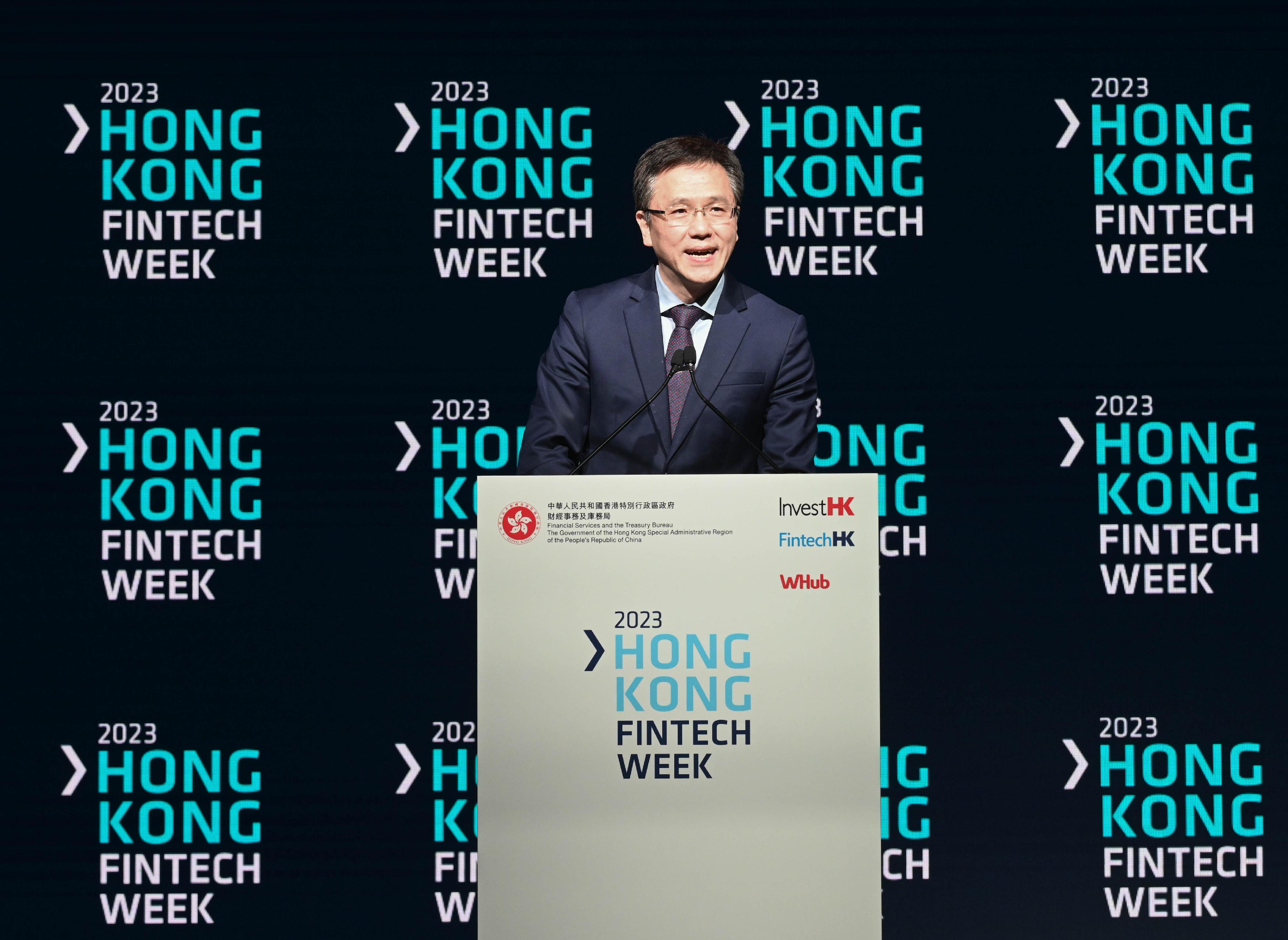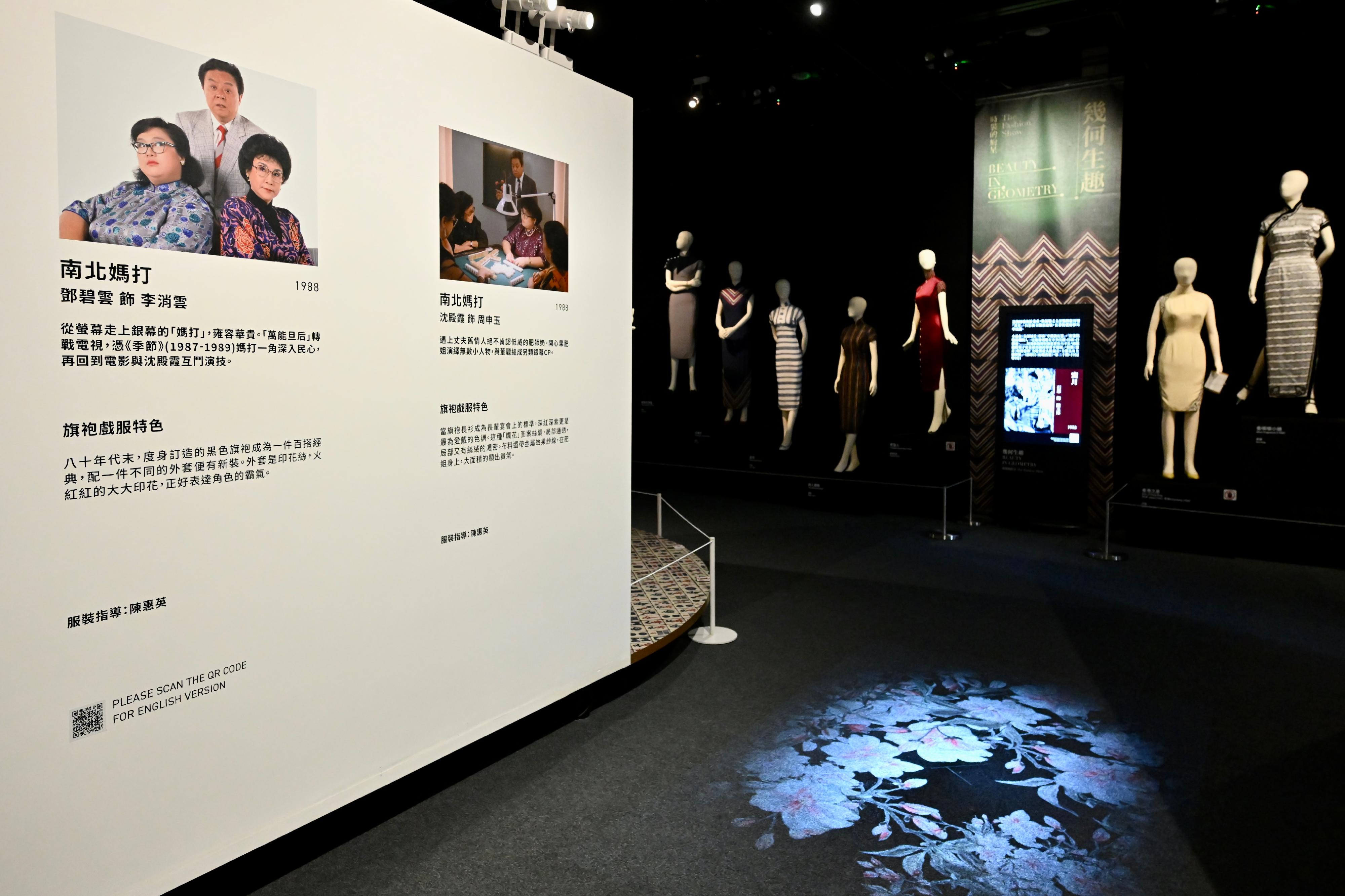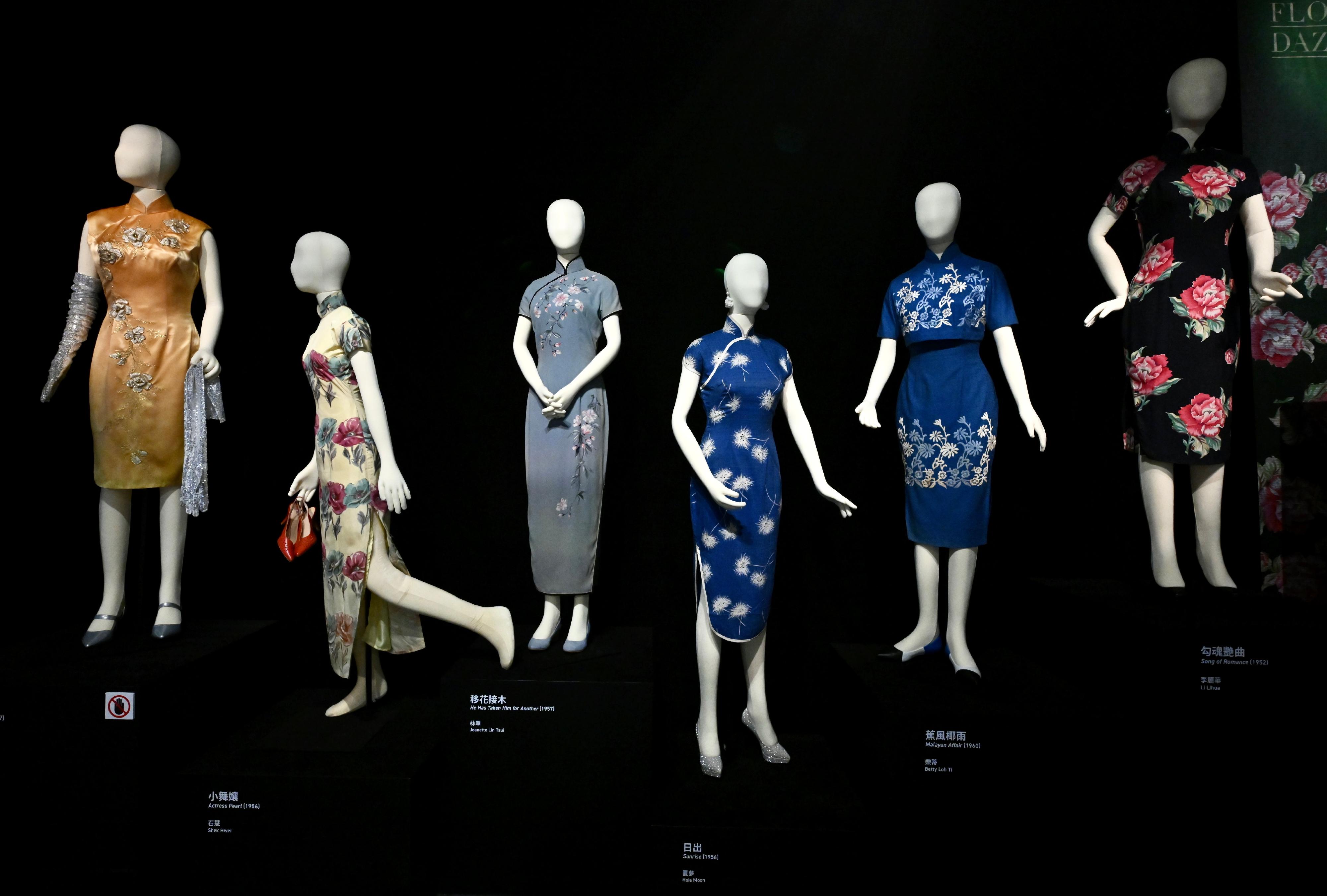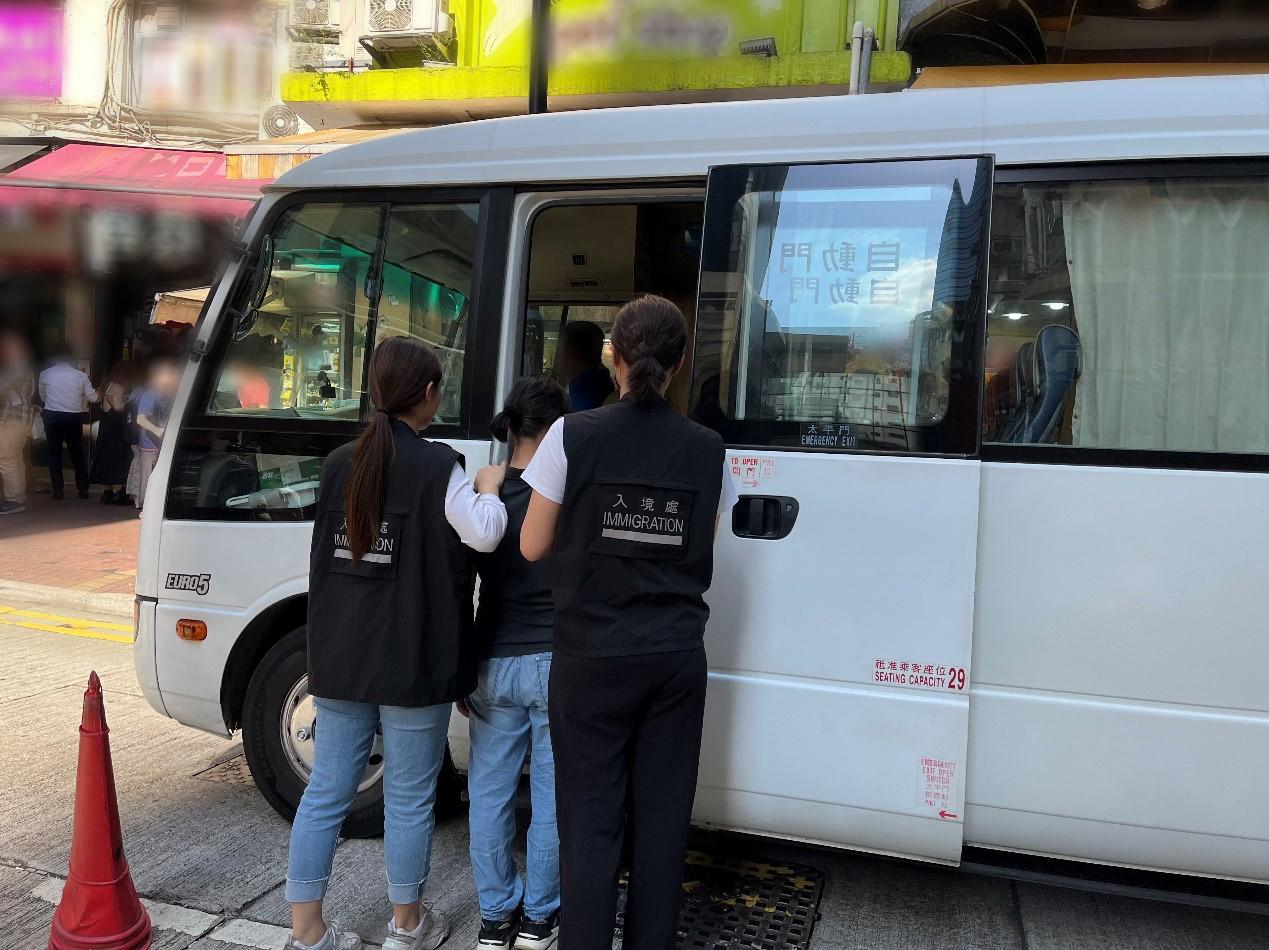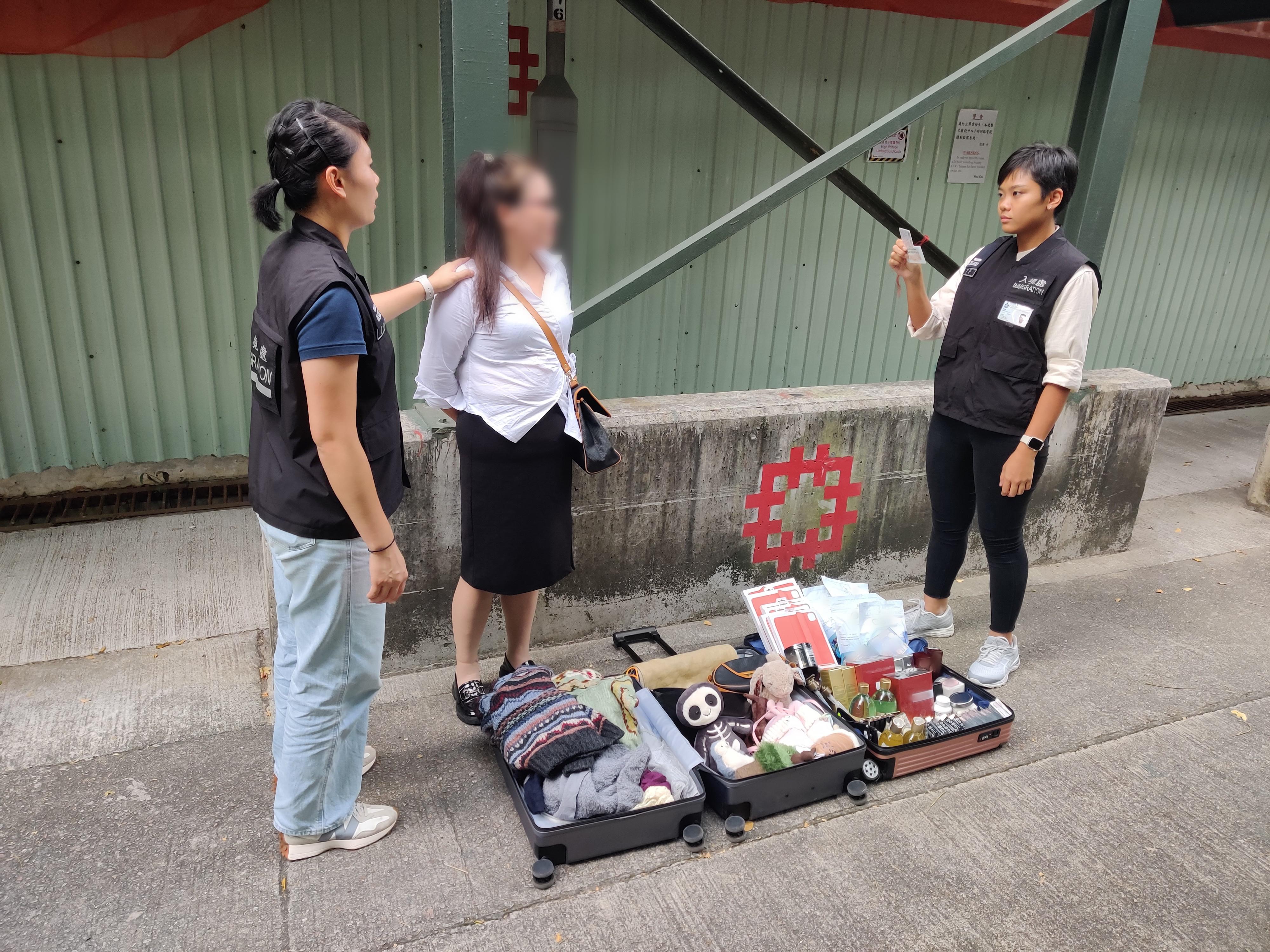Speech by SITI at Hong Kong FinTech Week 2023 (English only) (with photo)
Following is the speech by the Secretary for Innovation, Technology and Industry, Professor Sun Dong, at the Hong Kong FinTech Week 2023 today (November 3):
Distinguished speakers, guests, ladies and gentlemen,
Good afternoon. Welcome to the Hong Kong FinTech Week 2023. It is my great pleasure to join you all today at this special occasion to explore the role that Hong Kong can play in leading Asia and the world in redefining fintech into a new era of finance.
The world is evolving at a new pace. Disruption and uncertainty are the new norm. New rules and forces are influencing our economies and the world of finance is entering an era of great challenge but also opportunities.
As Asia’s world city, Hong Kong has long been an important gateway between East and West. We have reinforced our position as a world-leading financial centre and emerged as one of the major international hubs of innovation and technology (I&T) in the region, embracing the golden opportunity to reshape and redefine fintech for the future.
As the world continues to grapple with turmoil, Hong Kong offers stable, orderly growth and long-term vision and resolve. These are the ideal conditions for talent, entrepreneurs, investors and innovators to come and turn their ideas into impactful change and success.
Led by the vision of the Hong Kong Special Administrative Region Government and our regulators, we have seen Hong Kong’s fintech potential grow to new heights in recent years. According to the Frontier Technologies Index 2023, Hong Kong has risen from 15th to ninth. This leap in ranking elevates us above some traditional powers of innovation in the world.
This represents a significant global recognition of our city’s readiness to adopt and lead in developing technologies that will increase productivity and improve livelihood – from AI (artificial intelligence) to robotics to blockchain and, of course, fintech. It is also a good testimony to the Government’s commitment to promoting fintech in order to accelerate the development of digital economy.
Ecosystem strength
Hong Kong’s fintech mission will only gather pace being backed by an I&T ecosystem that is growing in strength. Currently, over 800 fintech companies, as well as globally respected research centres and innovation laboratories, are based in Hong Kong. These ground-breaking fintechs sit within a thriving innovation community of almost 5 000 tech start-ups, employing more than 15 000 people. With a quarter of the city’s start-up founders from outside of Hong Kong, we take pride in being a hub for global tech talent.
Cyberport and the Hong Kong Science Park
Behind the scenes are Cyberport and the Hong Kong Science Park doing incredible work to pave the way for fintech innovation and success. Cyberport, our ICT (information and communications technology) flagship, hosts the biggest fintech community and ecosystem in Hong Kong with over 400 fintech companies covering blockchain, mobile payment, cybersecurity, etc. Out of the seven Cyberport start-ups reaching unicorn status, four of them are fintech companies.
I am excited to share with you the good news that as announced by the Chief Executive in his recent Policy Address last week, Cyberport will establish an AI supercomputing centre in phases starting from 2024 in order to support the local demand for computing power. This is going to greatly enhance Hong Kong’s R&D (research and development) capabilities, and promote development of the AI industry ecosystem. The centre would definitely inject new impetus into our fintech industry by empowering our companies to improve their risk management and fraud detection systems.
Meanwhile, the Science Park stays at the core of the city’s fast-emerging fintech scene by continuously organising and supporting multifarious fintech-related activities. In particular, the Science Park’s InnoCentre has been designated as a new fintech hub, giving different stakeholders a focal point to collaborate with Science Park companies and start-ups.
Commercial Data Interchange
Another critical foundation fuelling the future of fintech for Hong Kong is the creation of a seamless data exchange. The HKMA (Hong Kong Monetary Authority)’s launch of its Commercial Data Interchange (CDI) last October is a significant development that helps catalyse fintech-based innovation. The Consented Data Exchange Gateway, being developed by the Government, will connect to the CDI by the end of this year, to facilitate consented data exchange between government departments and financial institutions.
iAM Smart
Another indispensable effort by the Government in driving the development of the fintech ecosystem in Hong Kong is the launch and continuous enhancement of “iAm Smart”. The one-stop personalised “iAM Smart” platform provides Hong Kong residents with a single digital identity that enables simple and secure login for 300 online services provided by the Government and public and private organisations at present, the conducting of online transactions, and the performing of digital signing with legal backing in a simple and secure manner. The number of registered users on the “iAM Smart” platform has already reached 2.4 million now.
Ladies and gentlemen, the above examples are just part of our efforts in driving fintech development in Hong Kong. The Chief Executive has also announced a series of forward-looking I&T initiatives in the 2023 Policy Address, which includes the $500 million Digital Transformation Support Pilot Programme to be launched by the end of this year to assist SMEs (small and medium enterprises) in the retail and food and beverage industries in applying electronic payment and other ready-for-use digital solutions. I am confident that these initiatives will definitely give our fintech cluster a strong impetus and lead Hong Kong to be one of the fintech leaders in the world.
Before I close, may I wish you all a most rewarding experience at the Hong Kong FinTech Week 2023. Thank you.


